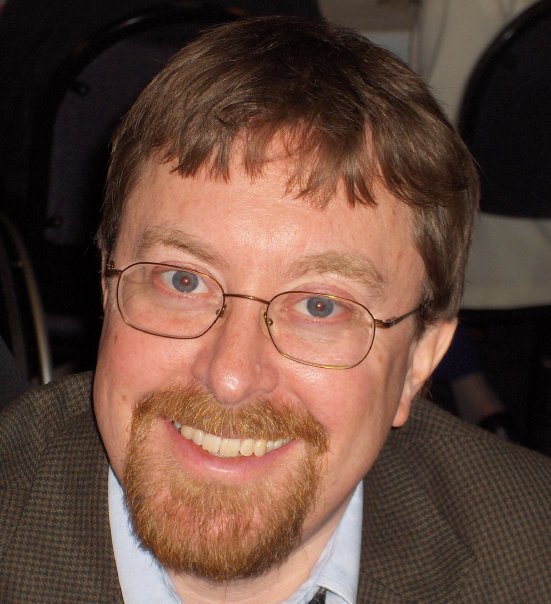|
On the "Papers" tab of this website I have posted two new papers on cultural and social hot topics. In "Is corporate sin real?" I address whether America's past acts of slavery and racism lead to guilt in the present day, and what consequences that might have. In "Are walls immoral?" I address whether it is un-Christian to favor stricter border control.
In many ways, the hot debates in our America are mainly over who is more Christian in their thinking, which is odd since we are mostly a post-Christian culture. In these two essays, I may make nobody happy, because I "call them as I see them" based on biblical exegesis, not which team I want to win. I each case, I find basic mistakes on grand themes of Bible interpretation.
0 Comments
Many of us in America, including myself, have "Scottish-Irish" background. This ethnic group is distinguished to a large degree by not thinking of itself as an ethnic group. Originating in Scotland, many moved to northern Ireland, where they soon began to think of themselves as "Irish", and then later to America, where they then thought of themselves as "American." Yet it is a distinctive culture. Some use the pejoratives of "hillbilly" or "redneck", and there are indeed negative aspects of this culture, as with any culture. But there are also positive aspects. Painting with a broad brush, one can identify the following characteristics:
|
DAVID SNOKEDavid is a physics professor at the University of Pittsburgh in the Department of Physics and Astronomy. He received his bachelors degree in physics from Cornell University and his PhD in physics from the University of Illinois at Urbana-Champaign. He has worked for The Aerospace Corporation and was a visiting scientist and Fellow at the Max Planck Institute. His experimental and theoretical research has focused on fundamental quantum mechanical processes in semiconductor optics, i.e. phase transitions of electrons and holes. Two main thrusts have been Bose-Einstein condensation of excitons and polaritons. He has also had minor efforts in numerical biology, and has published on the topic of the interaction of science and theology. Archives
April 2021
Categories |


 RSS Feed
RSS Feed
